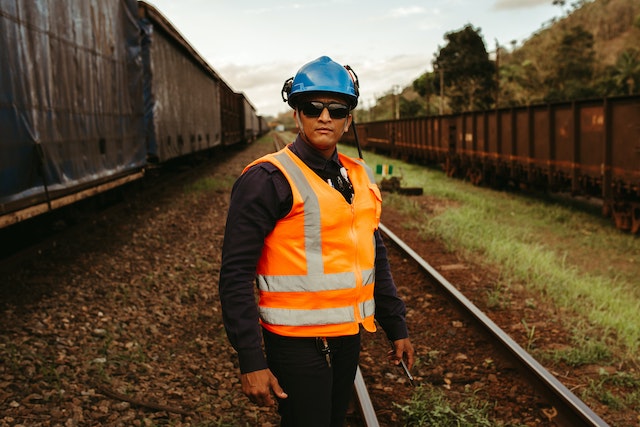
The Federal Employers’ Liability Act is a federal law that applies only to railroad workers who are injured or develop a disease due to the negligence of their employer, because they are generally excluded from state workers’ compensation systems. This federal law specifically designates who can recover in a claim if the worker passes away from a work-related cause.
The FELA creates a uniform distribution for cases brought anywhere in the United States, even if state laws vary. The text of the law states that the following people can recover (and in this order): the worker’s surviving spouse and children; and, if none, then of the worker’s parents; and, if none, then of the next of kin dependent upon such employee.
How did this unique distribution system come to exist?
The FELA was enacted in 1908 to provide a federal cause of action for injured railroad employees against their employers for injuries sustained in the course of their work. It was specifically in response to the particular physical dangers of railroading, and “to put on the railroad industry some of the cost for the legs, eyes, arms, and lives which it consumed in its operations.” Wilkerson v. McCarthy, 336 US 53, 68 (Douglas, J., concurring). In the case of CSX Transportation, Inc., v. McBride, the Supreme Court of the United States discussed the reason for the passage of the statute:
The railroad business was exceptionally hazardous at the dawn of the twentieth century. As we have recounted, the physical dangers of railroading . . . resulted in the death or maiming of thousands of workers every year, including 281,645 casualties in the year 1908 alone. [The FELA was] enacted that same year in an effort to shif[t] part of the human overhead of doing business from employees to their employers[.]
Shortly after the law was passed, two cases were brought for railroad workers who had suffered and died from injuries. (Fulgham v. Midland Valley RR., 167 Fed. Rep. 660; Walsh v. New York, N.H. & H.R.R., 173 Fed. Rep. 494). Those courts interpreted the FELA to provide damages for either the injury or death of a railroad worker. In essence, there was found to be no survival action for a deceased railroad worker’s pain and suffering damages; if he died, the only remaining action was for wrongful death.
Lawmakers swiftly amended the FELA to prevent such an injustice in the future. The Senate debated the amendment on March 31, 1910. The lawmakers debated different solutions, including deferring to the state where the worker lived. However, there was a prevailing desire for uniformity, and a concern that proceeds distributed according to state law may result in funds going to creditors rather than the stated beneficiaries. Ultimately, the following amendment was passed into law, as a separate, additional provision in the Act:
Any right of action given by this act to a person suffering injury shall survive to his or her personal representative, for the benefit of the surviving widow or husband and children of such employee, and, if none, then of such employee’s parents; and, if none, then of the next of kin dependent upon such employee, but in such cases there shall be only one recovery for the same injury.45 USC § 59.
What damages can be recovered in a FELA case where the worker has died?
Given the amendment to the FELA explained above, it is clear that a personal representative can recover for not only the pain and suffering that the worker experienced before passing, but also the financial loss suffered by the worker’s death. These damages can include lost wages, lost pension benefits, lost fringe benefits and lost household services (the lost value of all the things that the worker did around the house – mowing the lawn, doing repairs, cooking meals, etc), along with compensation for the anguish and pain that the worker experienced before passing away.
What does it mean to be a dependent next-of-kin?
If a worker passes away without a surviving spouse or children, and without surviving parents, the statute allows other dependent next-of-kin to recover. This is subject to interpretation and may be different for different families. Generally speaking, this can include siblings, nieces or nephews or other family members that were dependent upon the railroad worker.
Can I get an award of punitive damages in a death case?
In a FELA case, punitive damages are not available. In other words, a family member can not be awarded an amount intended to punish the railroad for its conduct. The family can only recover for the value of the worker’s pain, suffering and their own financial loss.
Conclusion
The death of a railroad worker is a tragic event that can leave family members feeling overwhelmed and unsure of what to do next. If you have lost a loved one due to work-related injuries or illness, it is important that you contact an experienced attorney who understands the unique nature of these cases.





